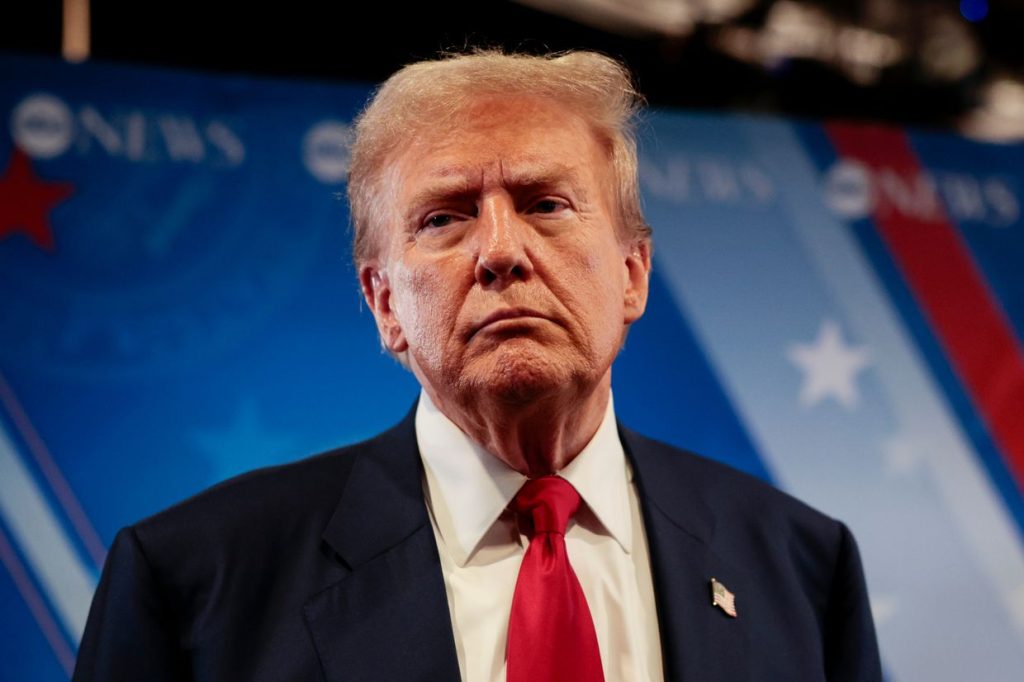U.S. Efforts to End Russia-Ukraine War: Progress and Diplomacy
Overview of U.S. Involvement and Communication
The United States has been actively engaged in diplomatic efforts to bring an end to the ongoing war between Russia and Ukraine. At the forefront of these efforts is President Donald Trump, who has been in direct communication with Russian President Vladimir Putin. Speaking to reporters aboard Air Force One on February 9, Trump confirmed that he had been in contact with Putin but declined to provide specific details about their conversations. He emphasized that progress was being made in the talks but opted not to disclose further information to avoid jeopardizing the sensitive nature of the discussions. This reticence is understandable, given the delicate and complex dynamics at play in such high-stakes diplomacy.
Trump also revealed that the U.S. was maintaining open lines of communication with both Russia and Ukraine, a crucial step in facilitating dialogue and fostering a path toward peace. The President expressed optimism about the outcomes of these discussions, stating, "If we are talking, I don’t want to tell you about the conversations. I do believe we’re making progress." This cautious optimism reflects the administration’s commitment to finding a swift and sustainable resolution to the conflict, which has caused immense human suffering and destabilized the region.
The Trump Administration’s Push for a Swift Resolution
Since taking office in January, the Trump administration has prioritized bringing the Russia-Ukraine war to a swift conclusion. A key goal of the administration is to reach a deal within the first 100 days of Trump’s presidency, underscoring the urgency and importance of resolving this conflict. U.S. Defense Secretary Pete Hegseth reiterated this objective on February 7, stating that the administration aims to end the war "as quickly as possible." This ambitious timeline highlights the gravity with which the U.S. views the situation and its determination to play a pivotal role in brokering peace.
Trump’s willingness to engage directly with both Ukrainian and Russian leaders demonstrates his proactive approach to diplomacy. On February 7, he announced the possibility of meeting with Ukrainian President Volodymyr Zelensky in Washington in the coming days. Additionally, Trump expressed interest in meeting with Putin "very quickly," signaling his intent to maintain open channels of communication with both sides. These potential meetings could serve as critical moments in the diplomatic process, providing opportunities for direct negotiations and the clarification of positions.
Rare Earth Minerals and Strategic Discussions
In addition to discussing the war, Trump revealed that the U.S. and Ukraine were engaged in talks about Ukraine’s underground rare earth minerals. Rare earth minerals are critical components in the production of advanced technologies, including defense systems, electronics, and renewable energy technologies. Trump has previously suggested that Ukraine could provide rare earth minerals in exchange for U.S. aid, a proposal that Kyiv has been open to discussing. This indicates that the U.S. is exploring multiple avenues of cooperation with Ukraine, not only in the realm of security but also in economic and strategic areas.
While Trump did not elaborate on the specifics of these discussions, the mention of rare earth minerals suggests that the U.S. is looking to diversify its supply chains and reduce dependence on other regions, such as China, which currently dominates the global rare earth mineral market. This strategic move could have far-reaching implications for U.S. national security and economic interests.
Upcoming Diplomatic Meetings and Their Significance
On February 9, CBS News reported that Ukrainian President Volodymyr Zelensky was expected to meet with U.S. Vice President JD Vance during the Munich Security Conference later that week. This meeting would provide another platform for the U.S. and Ukraine to discuss the ongoing war and potential solutions. The Munich Security Conference is an annual event that brings together global leaders to address pressing security challenges, making it an ideal venue for high-level diplomatic discussions.
Zelensky’s meeting with Vance underscores the importance of maintaining strong U.S.-Ukraine relations and signals the administration’s continued support for Ukraine in its struggle against Russian aggression. These diplomatic engagements are essential for building trust and ensuring that both countries remain aligned in their efforts to achieve peace and stability in the region.
The Broader Context of U.S. Involvement in the Russia-Ukraine War
The U.S. has been a key player in the international response to the Russia-Ukraine war, providing military aid, economic assistance, and diplomatic support to Ukraine. While the Trump administration’s efforts to end the war are a continuation of existing U.S. policy, the emphasis on achieving a swift resolution within the first 100 days of Trump’s presidency marks a renewed sense of urgency.
The administration’s approach reflects a dual focus on immediate conflict resolution and long-term strategic cooperation. By exploring opportunities for economic collaboration, such as the potential exchange of rare earth minerals for U.S. aid, the U.S. is laying the groundwork for a stronger, more mutually beneficial relationship with Ukraine. At the same time, Trump’s direct engagement with Putin highlights the administration’s












